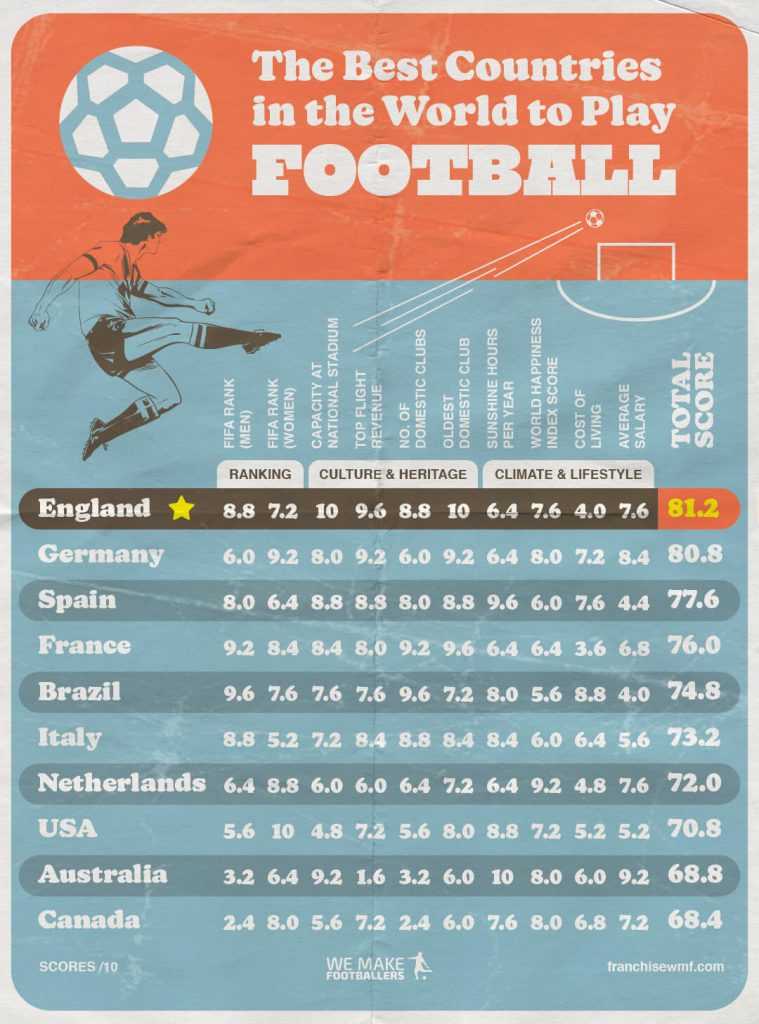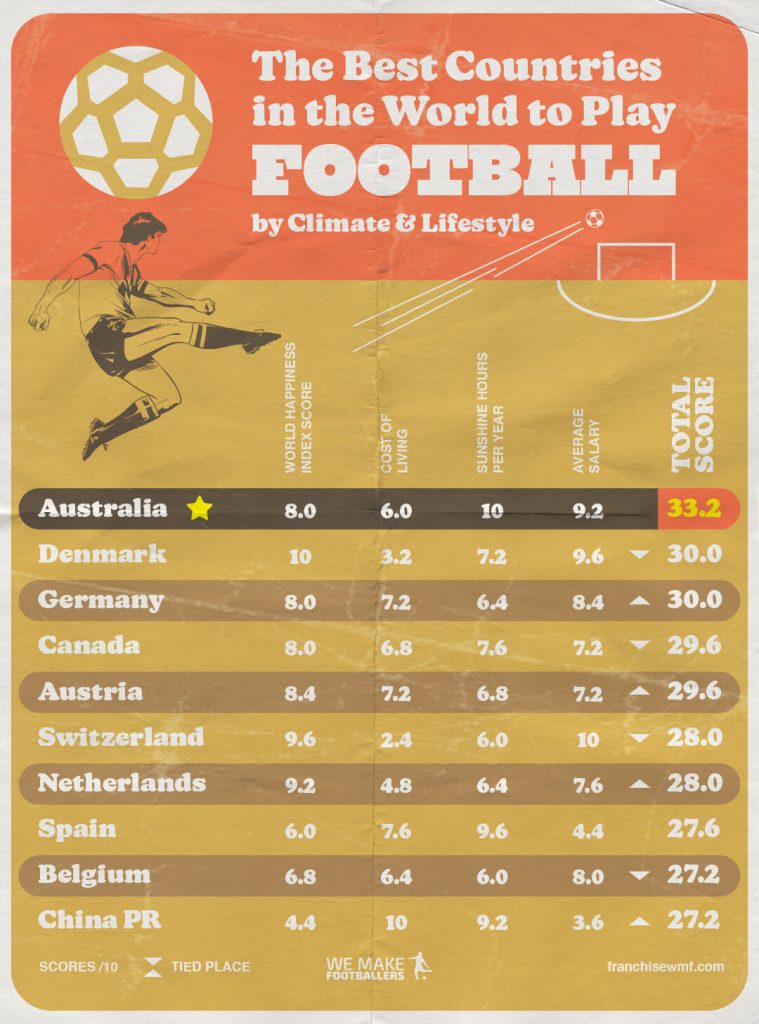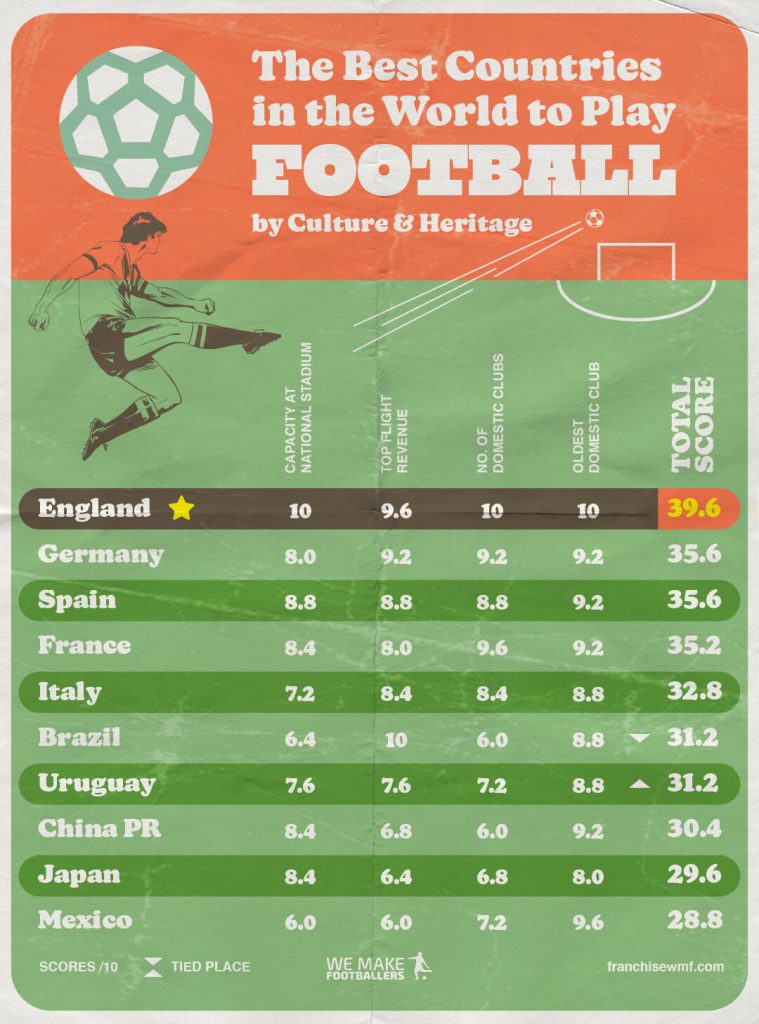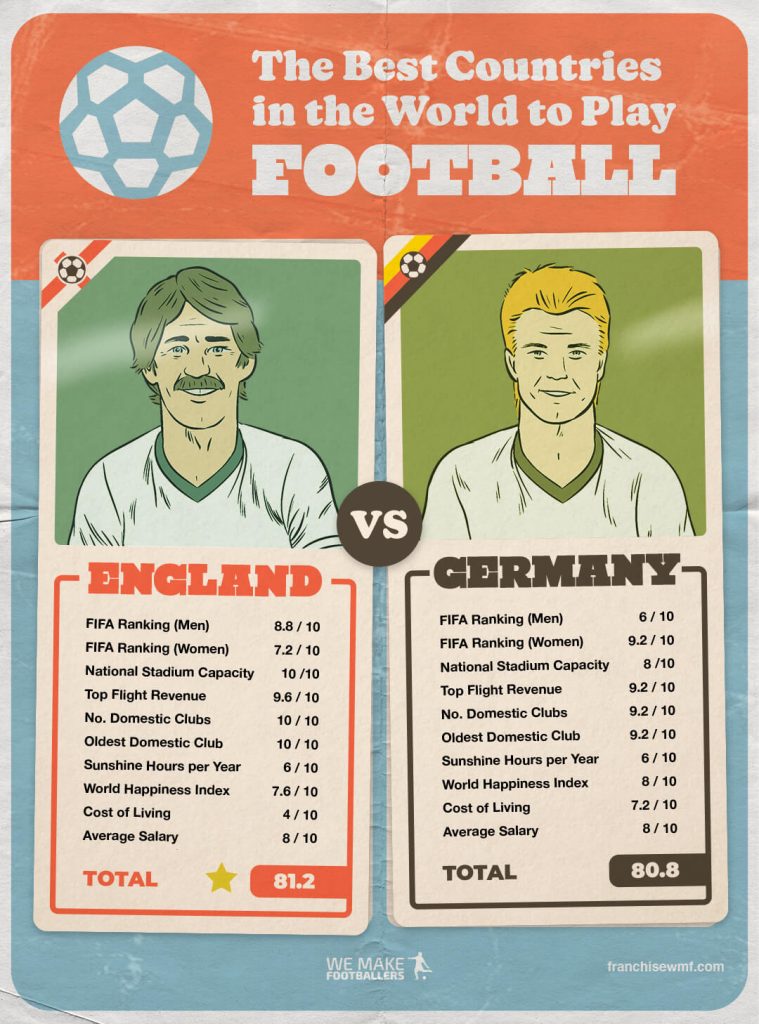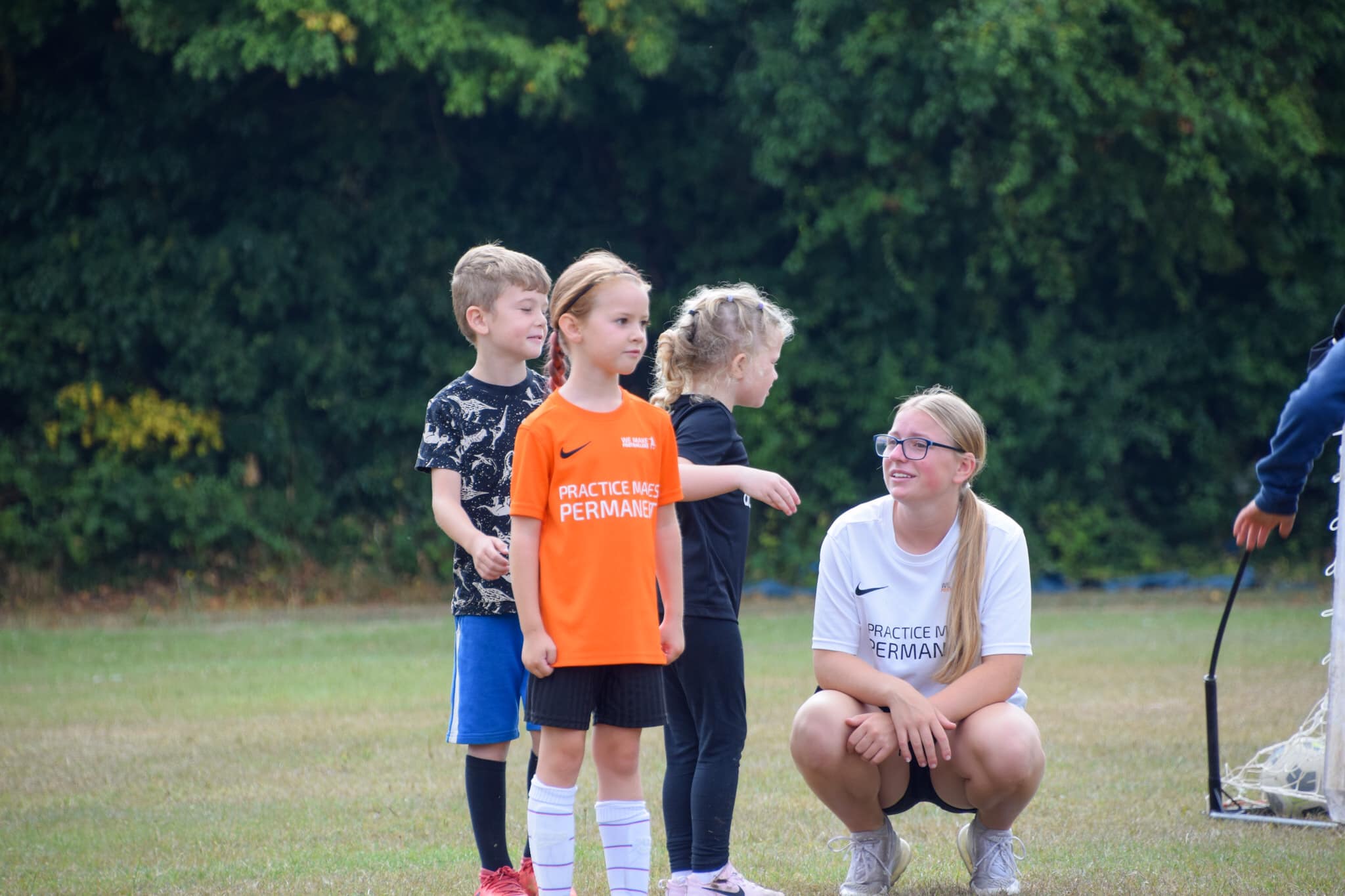Success and victory in football are never guaranteed. Earning the right to win – a mindset that the best players in the world all share because the importance of it was drilled into them from a young age.
How do you make a child understand that success must be earned? For many, it comes with what they learn playing with friends and older siblings. When family or playground bragging rights are on the line, nobody is going to go easy on a younger child based on their age.
This teaches them that success has to be earned and when it comes, to savour it. The more gratifying and hard-earned a victory, the better it feels. And the better it feels, the greater the desire to experience that feeling again – breeding a winner’s mentality.
Take Declan Rice for example. Now one of the finest midfielders in the Premier League and a mainstay of the England setup, Rice grew up playing with his older brothers Connor and Jordan.
They did not want to lose to their youngest sibling and so Rice learnt from a young age that he was going to have to try hard and earn success against his own family.
Speaking to the Football Association as part of their Growing Up series, Rice tells the story of how he was determined to become a better player to compete with his brothers.
Needless to say, as a future Three Lions international, he did that: “When I was six or seven, I’d be going to play with them at five-a-side and I remember dribbling around all their mates who couldn’t believe it, for a young kid to be doing that to them.”
Rice did not always win, however. His brothers would occasionally outdo him. And the failures he experienced were as instrumental in his becoming a professional as his success.
They taught him to deal with setbacks – and none was bigger than when Rice was released from Chelsea’s academy at the age of 14 after seven years with the Blues.
Through the lessons of his childhood and bouncing back from defeat, Rice knew that hard work could help him overcome the blow of being told he was too small to make it at Chelsea. He knew he could earn a chance at another academy by increasing his efforts.
Within a few months, Rice was snapped up by West Ham United. After a little over 12 months, he signed his first professional contract as a 16-year-old was handed a senior debut at the age of 18 and followed that with his England debut two years later.
There are hundreds of other stories like Rice’s, of players who were told they were not good enough but who had a steely determination running through them, thanks to their upbringing.
This is why belief in earning the right to win and learning from failure is an important component of the We Make Footballers philosophy.
Our franchisees help teach children that work is the key to progression and that they should never take their talent or ability for granted. We ingrain this in our players by constantly challenging them to improve.
We do this by not shying away from taking decisions to move children up. If they are finding football too easy, then it is time to put them against older or better players.
Otherwise, they can be lured into thinking that football is so simple that they no longer need to work as hard as they can to better themselves.
Whilst it can be tempting to leave the star player at an age group where they dominate so that the team does better, that is no good for the individual.
We Make Footballers franchisees identify and prioritise what is best for the individual development of every player and will always take the right course of action for them.
The idea of challenging children to drive improvement is common across sports. In baseball, children initially learn to hit with a heavily weighted bat. They find this hard to start with but eventually, it builds strength in their arms.
Once enough practice has been done, the weights are removed. The child now has the strength and technique to hit the ball much further with a normal bat because they had to overcome the challenge of doing so with the heavier bat.
The same concept applies to children playing football as an age group up. They are facing more experienced opponents with higher skill sets. These opponents will not go soft on the younger child just because of their age, meaning that winning is achieved on merit.
A young player will learn much more in this environment than they would dominate against children their age every week, where they can make mistakes that go unpunished and subsequently uncorrected, leading to bad habits.
Alan Hansen once famously said of Manchester United’s Class of 92, “You can’t win anything with kids.” Not only did Sir Alex Ferguson prove that statement wrong, but by chucking Gary Neville, David Beckham, Paul Scholes, Ryan Giggs, Nicky Butt and Phil Neville into his senior side at such a young age, he presented all six with challenges to overcome.
That made them better players in the long run, capable of staying at the top of the game for over a decade. The likes of Wayne Rooney and Michael Owen thrived after being chucked in at the deep end as teenagers, having accelerated their way through age-group football.
Phil Foden, Jude Bellingham and Bukayo Saka are the latest talents to follow in their footsteps. Marcus Rashford and Raheem Sterling both burst onto the scene as teenagers and remain key components of current England set up several years later.
One of Ferguson’s predecessors at Old Trafford once said, “If they’re good enough, they’re old enough.” Sir Matt Busby was referring to his Busby Babes, who went on to overcome the tragedy of the Munich Air Disaster to become the first English club to win the European Cup.
The best managers develop the best players by challenging them to overcome more difficult assignments through hard work and learning, ultimately teaching them to earn the right to win.
We Make Footballers franchisees do the same – and there is rarely a better feeling in the coaching game than seeing a young player achieve the standards you believe them capable of.

